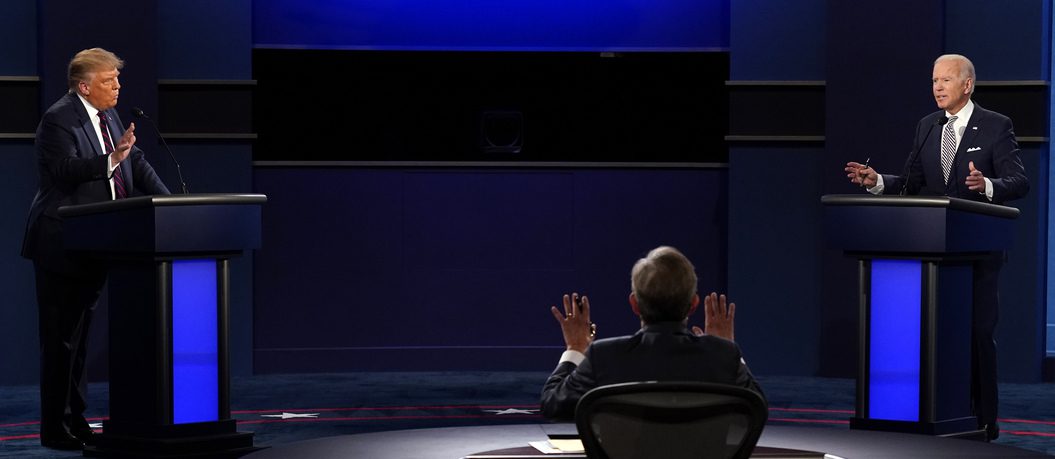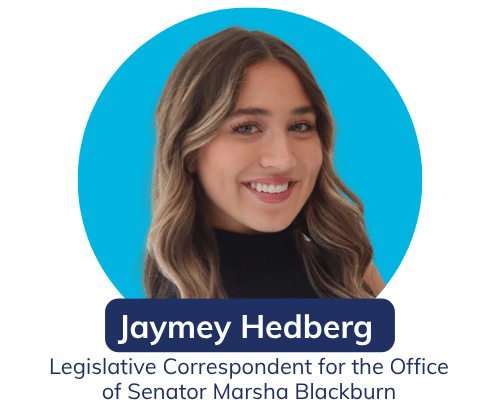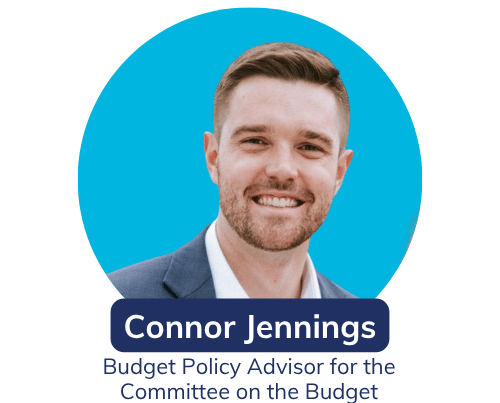
Do platforms have too much policing power while not being liable for content they fail to police?
This excludes violations of federal law such as copyrights and explicit content viewership. It’s fair to say repealing Section 230 is a double-edged sword – if a platform is responsible for what people post, it will be incentivized to limit content, free speech. This is what politicians are debating, and like with most things, it may require a more nuanced approach instead of an outright repeal without a replacement. An explainer from former Verge Writer Casey Newton shows ex-presidential candidate Beto O’Rourke proposed amending Section 230 to make it easier to sue big tech platforms if they failed to remove hate speech and terrorist content. That’s it. That’s the article. But if you insist on more context, read on.
Section 230 is trending on Twitter on Black Friday after President Donald Trump tweeted that repealing the law was a matter of national security. That tweet came after one where he complained about an unseemly hashtag about him was trending #1 in the U.S. The hashtag was created by MeidasTouch, a PAC running cinematic ads against Trump. President-Elect Joe Biden also called for a repeal of the law because he saw Facebook propagating misinformation, though that was in January and Facebook has since made strides in moderating misinformation.
And thus, the argument resurfaces for the general public. If platforms are moderating some content, why not hold them to the fire for everything else?
While the obscure Section 230 law was controversial long before this, more recently, the CEOs of Facebook, Google, and Twitter testified before Congress about their responsibilities when it comes to sharing and policing information on the internet. There’s some great analysis here.
Here is the short version of the arguments made by:
- Twitter CEO Jack Dorsey: Undermining Section 230 will leave only the largest tech companies;
- Facebook CEO Mark Zuckerberg: Government should take more active role in regulating tech; and
- Alphabet CEO Sundar Pichai: Section 230 is ‘foundational’ to U.S. leadership in tech.
For those that want to dive into the text of 47 U.S.C. § 230, it’s officially placed in the U.S. Code, Title 47 (Telecom), Chapter 5 (Radio or Wire Communication), Subchapter 2 (Common Carriers), Part I (Common Carrier Regulation), Section 230 (Protection for private blocking and screening of offensive material). The law was passed as part of the Communications Decency Act of 1996. Subparagraph (A) of Section 230 contains some prescient text but it’s (C)(1) that has dominated the web’s rule: No provider or user of an interactive computer service shall be treated as the publisher or speaker of any information provided by another information content provider.
What’s next? That’s up to Biden and a new Congress. Since his January statements, the president elect has yet to update us on his views while he focuses on the pandemic. Perhaps, for now, it’s better to ask someone on his Federal Communications Commission Review Team, which Leadership Connect has in full.
Last thought: If you find someone waxing poetically about the Fairness Doctrine and former President Ronald Reagan, remember there’s an important distinction between broadcast licensees and cable television, where some say “fake news” pervades.






